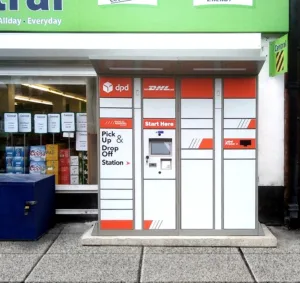Consumers are being more cautious with their spending due to the ongoing cost of living crisis with impulse purchasing declining steeply. New research from ChannelAdvisor found nearly two-thirds (59%) are considering more before making an online purchase and a third were more likely to return online purchases than last year.
The findings come from ChannelAdvisor, a CommerceHub company, which conducted a survey of UK consumers’ spending habits as the cost of living crisis continues. The research found that while Brits are being more frugal with their spending, online shopping is still rising since the pandemic when consumers had to do their shopping online. ONS stats show that before the pandemic, internet sales made up 21% of total retail sales, whereas in 2023 online sales have been recorded as making up 25% of total sales. However, the ability to make free returns was a big deciding factor before pressing buy. Over a third (34%) of respondents said they wouldn’t purchase a home item (for instance, furniture) without free returns.
Prior to Covid, Whistl reported that the impulse buying market was worth over £3 billion every month. With two-thirds of respondents giving more thought to their purchases than last year, retailers are looking for ways to respond. “When consumers are thinking harder before making a purchase, they are also more likely to spend additional time researching before they spend. For brands and retailers, strong digital marketing is a must to put your product above the competition” said Vladi Schlesman, managing director for EMEA at ChannelAdvisor, a CommerceHub company.
Considering the impact the cost of living crisis has had on personal finances, 81% of respondents aged 45-54 said the cost of living had negatively impacted their finances (compared to 77% overall). As a result, consumers are being left with little choice but to be more thoughtful and do more research to find the best option when making online purchases. They are also placing increasing importance on retailers’ returns policy, to ensure they are satisfied with their purchases and have flexibility with their online shopping.
“The research found free returns to be a make-or-break feature when online shopping in the home sector. This is set against the backdrop of more retailers reviewing their returns policy as profitability is high on the agenda. While a move to paid-for returns makes sense to the bottom line, we’d encourage brands and retailers in the Home sector to carefully consider how they structure their returns policy as this is proven to make such a difference to the customer experience.”







